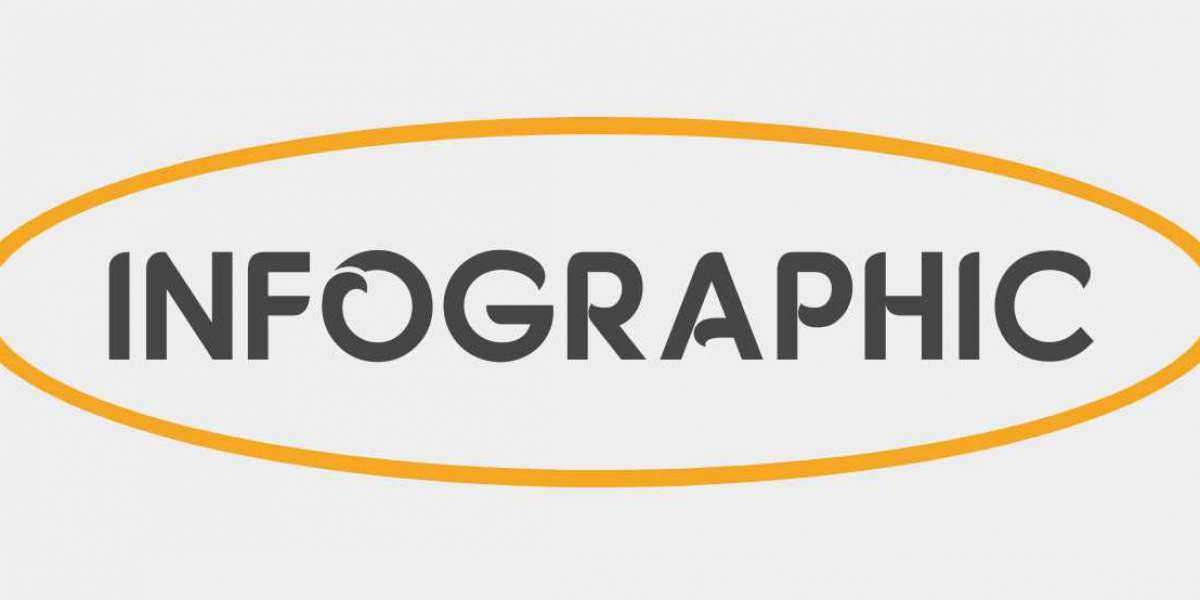Tax planning isn’t just for the wealthy or large corporations—it’s an essential part of any well-rounded financial strategy. Whether you're an individual looking to reduce your taxable income, a business owner navigating deductions, or simply trying to stay compliant across federal and state levels, smart tax planning can save you thousands each year and help avoid costly penalties.
In this guide, we’ll break down the core components of tax planning, explore key federal and state strategies, and provide insight into optimizing business taxes effectively.
Why Tax Planning Matters
Tax planning involves analyzing your financial situation to minimize tax liability legally and efficiently. This proactive approach helps you:
Reduce your tax burden
Avoid last-minute surprises
Maximize deductions and credits
Plan for future financial goals (like retirement or investments)
Without a tax strategy, you’re essentially leaving money on the table.
Federal Tax Strategies: Planning at the National Level
At the federal level, there are a variety of strategies individuals and businesses can use to reduce taxable income.
1. Leverage Retirement Contributions
Maximize your 401(k), Traditional IRA, SEP IRA, or Solo 401(k) contributions to lower your current taxable income while building future wealth.
2. Utilize Tax Credits
Federal tax credits like the Earned Income Tax Credit (EITC), Child Tax Credit, and education-related credits (Lifetime Learning Credit, American Opportunity Credit) directly reduce your tax bill.
3. Capital Gains Management
Long-term capital gains are taxed at lower rates. Timing the sale of investments and using tax-loss harvesting strategies can help offset gains.
4. Health Savings Accounts (HSAs)
Contributions to an HSA are tax-deductible, and funds used for qualified medical expenses grow and are spent tax-free.
State Tax Planning: Navigating Local Obligations
Each state has its own tax laws, which can complicate your strategy but also open up new opportunities.
Key State Considerations:
Income tax rates vary widely: Some states like Texas and Florida have no personal income tax, while others like California impose higher rates.
Deductions and credits may differ: States offer their own versions of credits for education, energy savings, and homeownership.
Residency status affects tax obligations—especially for remote workers or those living in one state and working in another.
Proper state tax planning ensures you're compliant and not paying more than necessary.
Business Tax Strategies: Keep More of What You Earn
Whether you're a sole proprietor, LLC, or S-Corp, business tax planning is critical for cash flow, growth, and long-term viability.
1. Entity Structure Optimization
Choosing the right legal structure can significantly affect how much you owe in taxes. For example, S-Corps allow for pass-through taxation and potential self-employment tax savings.
2. Deductible Business Expenses
From office supplies to home office deductions and travel costs, tracking deductible expenses can reduce your taxable income.
3. Section 179 Deduction & Bonus Depreciation
Invest in equipment and deduct the full cost upfront rather than over several years—especially useful for capital-intensive industries.
4. Estimated Tax Payments
Avoid underpayment penalties by staying on top of quarterly estimated tax requirements for both the IRS and your state.
Annual Reviews: A Must for Strategic Planning
Tax codes change frequently. A strategy that worked last year may no longer be optimal. That’s why conducting an Essential Financial Checkup is crucial. This annual review helps assess:
Your current income and expenses
New tax law changes
Potential deductions and credit eligibility
Business growth or shifts in your income streams
By doing this proactively, you can make informed decisions before tax deadlines arrive.
Common Mistakes to Avoid
Ignoring state-specific deductions or filing errors
Failing to keep receipts or detailed records
Missing out on carryovers like capital losses or charitable contributions
Procrastinating until tax season
Avoiding these mistakes can save not only money but stress and potential audits.
Conclusion: A Proactive Approach Pays Off
Federal, state, and business taxes don’t have to be overwhelming. With smart planning, expert advice, and an annual Essential Financial Checkup, you can reduce your liability, avoid surprises, and make the most of every dollar you earn.
Whether you're preparing for retirement, scaling a business, or just trying to maximize this year’s return, tax planning should be a permanent fixture in your financial game plan.







